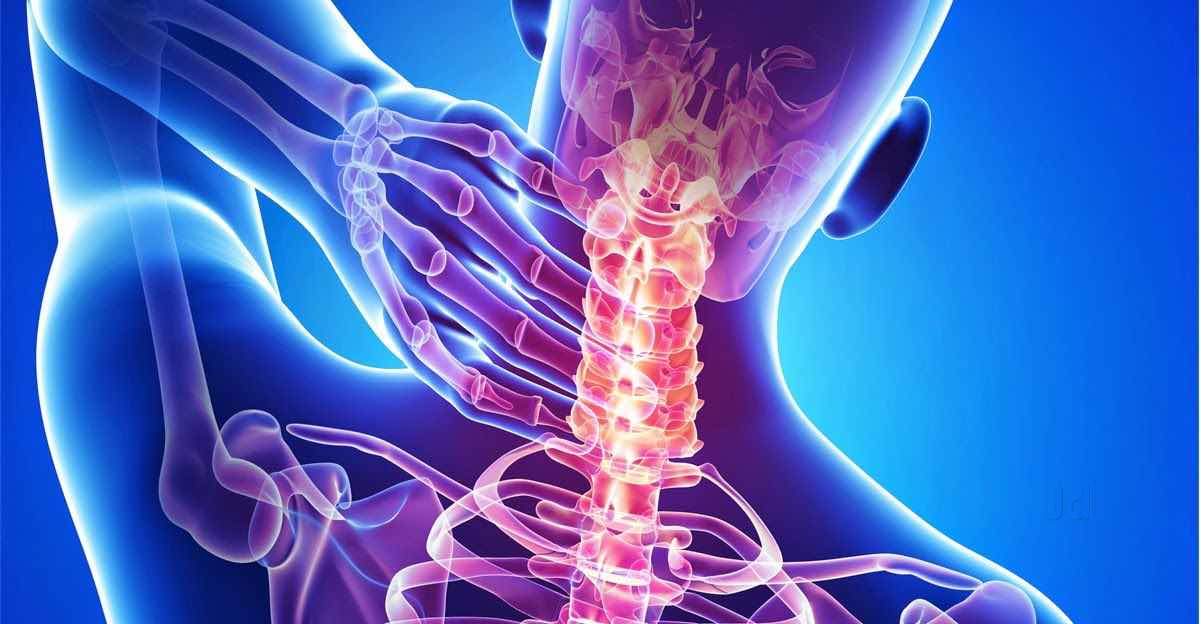Sub-Specialty of Rheumatology
Rheumatology is a specialty of medicine concerned with the diagnosis and management of diseases and of painful and functional disorders of the musculo-skeletal apparatus, that is, of the locomotor and connective tissue systems as well as of the adjoining soft tissues.

Sub-Specialty of Rheumatology
- Rheumatology is a specialty of medicine concerned with the diagnosis and management of diseases and of painful and functional disorders of the musculo-skeletal apparatus, that is, of the locomotor and connective tissue systems as well as of the adjoining soft tissues.
- It includes inflammatory diseases of the musculo-skeletal system, of the connective tissue and of the vessels; degenerative diseases of the joints and spine; metabolic disorders which manifest in the locomotor apparatus; soft tissue disorders and diseases of the internal organs and of the nervous system, insofar as these relate to the above-mentioned diseases.
- Therefore, Rheumatology includes interdisciplinary knowledge in particular of internal medicine, orthopaedics, neurology and neurosurgery, physical medicine and rehabilitation etc. The Rheumatologist should be familiar with the aetiology, pathogenesis and epidemiology of the diseases pertaining to this specialist field. Their activities should focus on the one hand on diagnostic procedures, utilising or having access to clinical, laboratory, imaging and various special techniques (ECG, , sonography, arthroscopy, endoscopy, electromyography, etc.) and on therapy and management, which in addition to pharmacological methods also include local injection techniques, physical therapy, orthopaedic measures, occupational therapy, ergonomics and psychosocial care. The Rheumatologist should also be familiar with the prognosis, prophylaxis and socio-economic importance of the rheumatic diseases and also have experience in the indications for surgery of the locomotor apparatus.
Objectives
- The objective of this program is to produce rheumatologists of clinical and academic excellence who become leaders in their chosen field. The trainee will be effective in the assessment, investigation, management, and rehabilitation of patients with acute and chronic common forms of arthritis, soft tissue rheumatologic disorders, collagen-vascular diseases and vasculitides, spinal and regional pain problems and the musculoskeletal manifestations of systemic disease. On completion of this educational program, the graduate physician will be competent to function as a consultant rheumatologist independently. Through subspecialty clinics and focused experience, the graduate is expected to have a detailed knowledge of rheumatic diseases, pathogenesis and measures of disease impact, appropriate therapeutics and methodology for literature appraisal.
Important Information
- Program Duration: 18-24 months
- Program Location: Imam Khomeini Hospital Complex: Rheumatology Ward and Clinic
- Program Start Date: Once a Year in September
- Program End Date: Mid-August
Program Instructors
- A. Rostamian, M.D., Associate Professor of Internal Medicine and Rheumatology
- R. Najafizadeh, M.D., Associate Professor of Internal Medicine and Rheumatology
- S. Movasseghi, M.D., Associate Professor of Internal Medicine and Rheumatology
- T. Dormohammadi Tousi, M.D., Associate Professor of Internal Medicine and Rheumatology
- R. Rafiei Latianee, M.D., M.P.H., Assistant Professor of Internal Medicine and Rheumatology
Method of Instruction
- A) Knowledge: Methods and resources for acquiring the recommended body of knowledge include, but are not limited to: Independent reading (recommended textbooks, journal articles and internet-based research and studies); didactic teaching (conferences, lectures, or discussions); clinical laboratory experience; dedicated courses; clinical rounds; involvement in teaching; critical review of literature; journal clubs, etc.
- B) Clinical Skills and Practice: Active involvement in patient care, in both the outpatient clinic as well as the inpatient (hospitalized) settings, is the central pillar of skills acquisition. Such experiences must be duly supervised so that the trainee has abundant opportunity to observe skilled clinician role models, participate in the management of rheumatologic problems and receive appropriate, constructive feedback. Situations in which facets of patient care are taught and learned include: Didactic teaching (conferences, lectures, or discussions); clinical experience in a supervised; mentored clinical setting; interactive case-based discussions; independent reading (recommended textbooks, journal articles and internet-based research and study); preparation of patient care portfolios; clinical case presentations; and web-based case reviews.
Admission Requirements
- To apply for this program, you will need to fulfill a number of requirements, which can be found in the Graduate Admission Requirements.
Admission Deadline
- Tehran University of Medical Sciences has a rolling application system and reviews student applications all year round.
- However, the deadline for the September intake is June 31, and the deadline for the February intake is October 31.
Education Fees and Yearly Expenses
- For complete and comprehensive information about fees and expenses, please refer to the Education Fees and Yearly Expenses section.
Contact Information
- In case of any inquiries, please contact the Department of Internal Medicine through the following:
- Contact Person & Program Director: Ramin Rafiei Latianee, Assistant Professor of Internal Medicine and Rheumatology
- Tel.: (+98 21) 6659 5522
- Fax: (+98 21) 6659 5525
- Website: www.medicine.tums.ac.ir
- Address: Department of Internal Medicine, TUMS School of Medicine, Pour Sina St., Qods St., Enghelab St., Tehran, Iran
To contact the Office of International Admissions, please use the following information:
- Tel.: (+98 21) 8889 6692 & 94, Ext.: 318 or 319
- Fax: (+98 21) 8889 6696
- Email: admission@tums.ac.ir
- Address: No. 21, Dameshgh St., Vali-e Asr Ave., Tehran 1416753955, Iran
Apply Now!
In case you are ready to apply, please refer to TUMS Online Application Form below.
